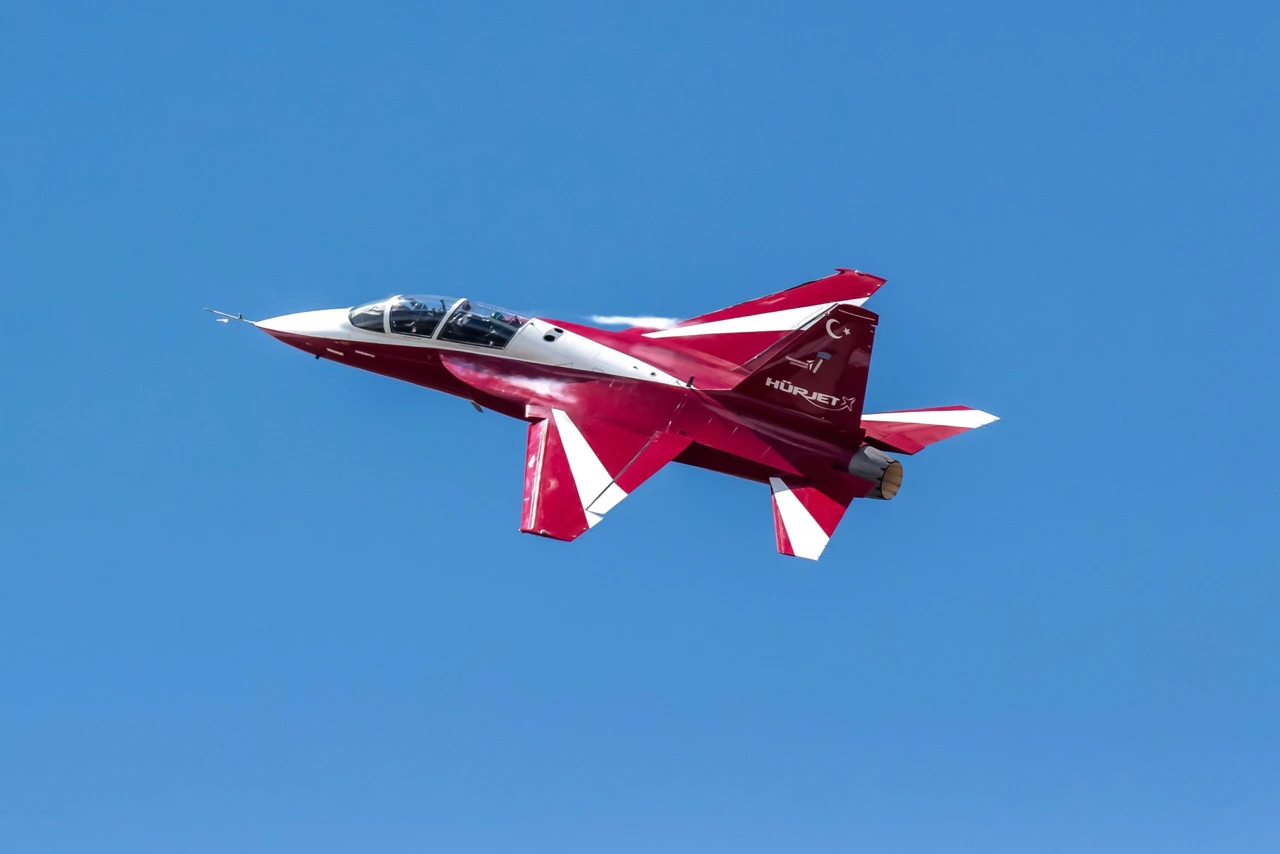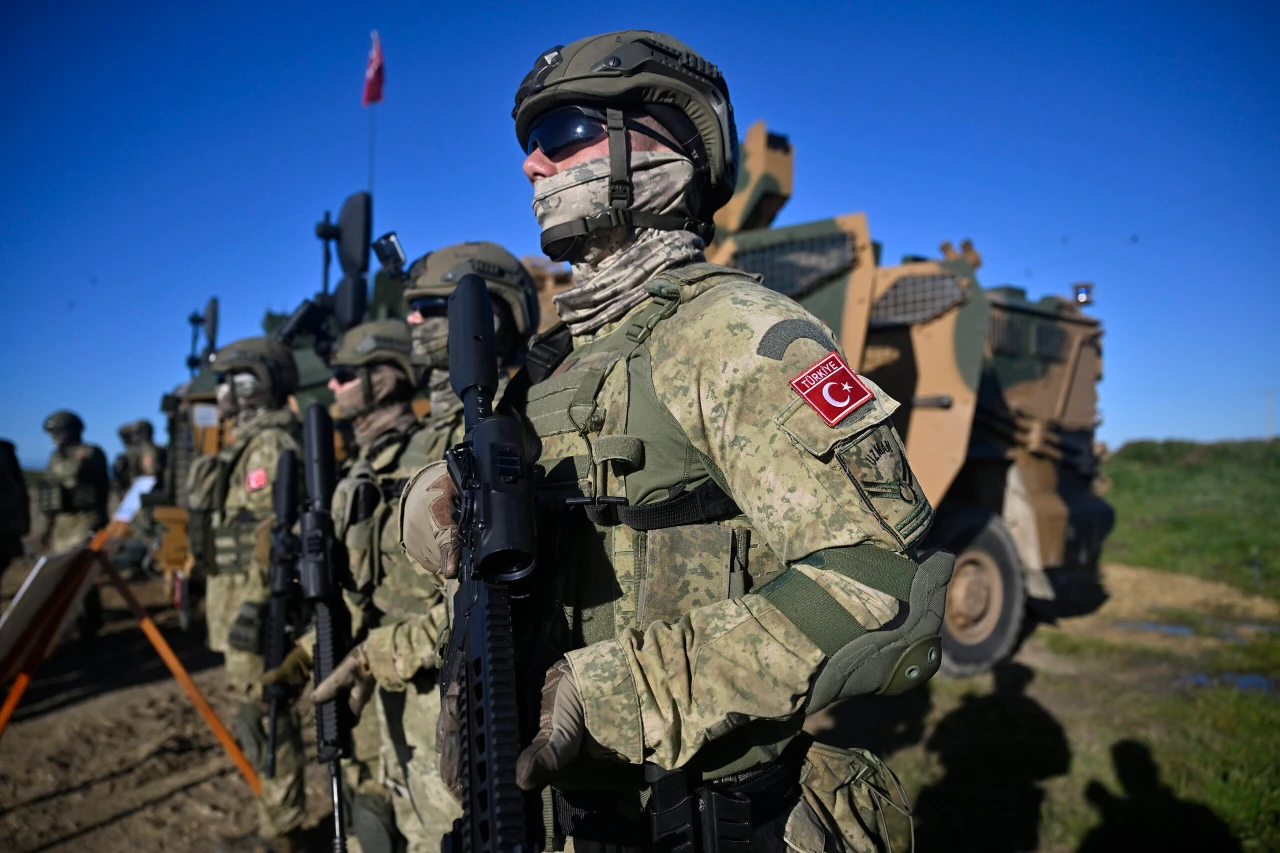What really happened to former Istanbul mayor Imamoglu?
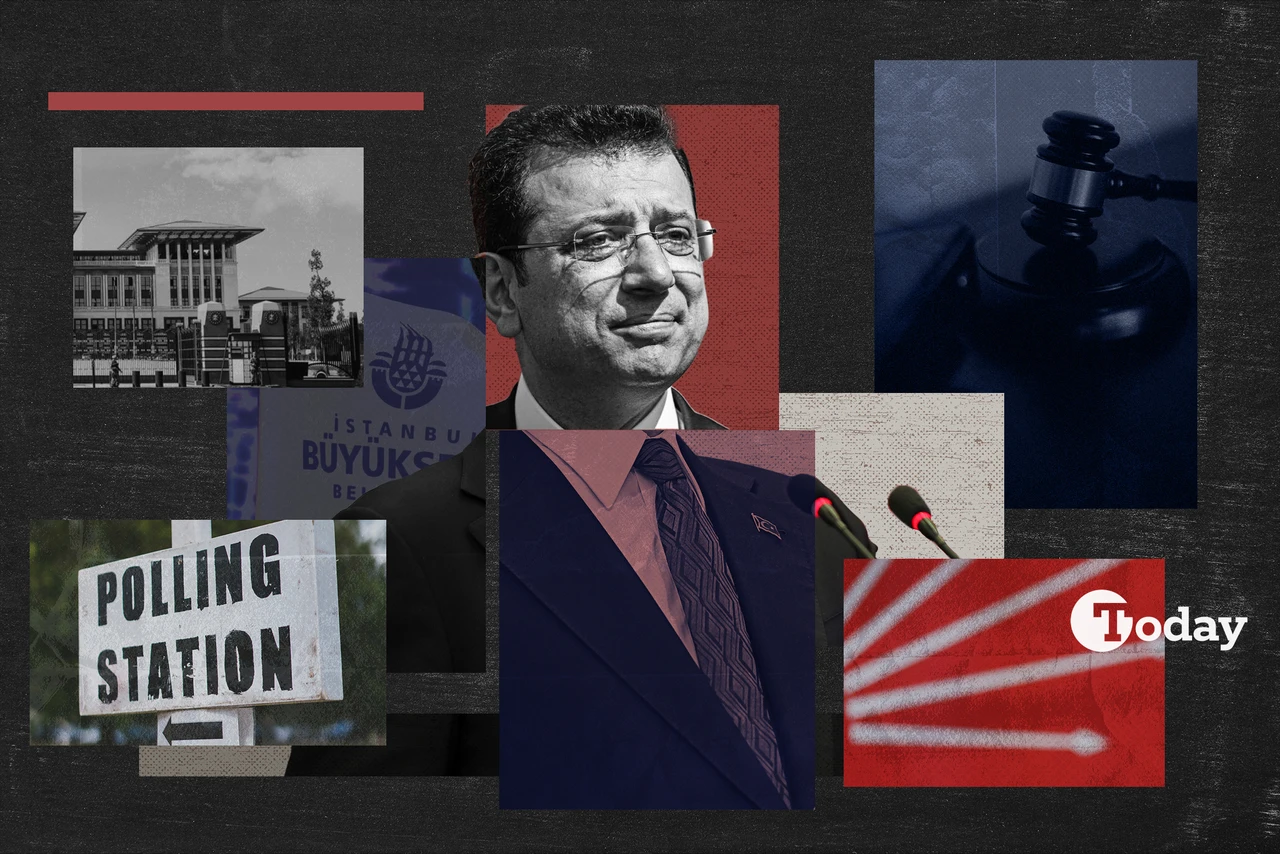 Former Istanbul Mayor Ekrem Imamoglu was detained on Match 19 with a dawn raid to his residence. (Collage prepared by Türkiye Today team)
Former Istanbul Mayor Ekrem Imamoglu was detained on Match 19 with a dawn raid to his residence. (Collage prepared by Türkiye Today team)
Imamoglu’s arrest over corruption charges sent shockwaves to parts of Turkish society. After widespread street protests, the main opposition CHP declared that 14.8 million people voted for Imamoglu in a preliminary election for the opposition’s presidential candidate on Sunday, March 23. Meanwhile almost 95 per cent of official CHP party members, some 1.5 million, also took part in the voting. A former AK Party minister mocked the results, and stated that even CHP’s uncharismatic former head Kemal Kilicdaroglu had gathered more than 24 million votes against Erdogan in 2023. Some AK Party supporters joked that CHP could only mobilize 25 per cent of the total voters which is CHP’s historical threshold. Despite all these comments, mobilizing 14 million people in less than a week is a political success and is a notable benchmark in understanding the ordeal’s seriousness.
It is definitely not a good look for Türkiye to remove the elected mayor of Istanbul. Conservative political groups in the 90s, and Kurdish political movements went through much pressure with legal struggles and prison terms in the past. However, CHP, which calls itself as one of the main founding pillars of the republic, felt greatly insulted as the state apparatus confronted it directly almost for the first time in the republic’s history. I am sure some conservative voters were giggling inside seeing ‘former state oppressors’ to be in such a situation.
This reveals a new reality in Türkiye. There is almost a new state apparatus with a different ideology, led by a world-class ideologue, and which is rather unique compared to its past forms. Despite CHP not being the leading party for many decades, its ideology was the driving force of the state. Now, the tide turned. The current case appears to be much grander than the commentaries of Europeans and United States no longer having the power to put pressure or the trope of a ‘Islamist coming to power’. The current situation appears to be greater than that.
Whether findings in Imamoglu’s case would satisfy millions, time will tell. Despite people’s reaction and mass protests, Turkish President Erdogan’s biggest ally remains Türkiye’s military-industrial complex (MIC) and state’s security institutions. Let’s break it down.
Türkiye’s new military-industrial complex: President’s biggest allies
Türkiye, a nation with a grand imperial past, has long been in the shadows following the collapse of the Ottoman Empire. An empire with a distinct architecture, art, way of living and economy. Turks remember Sultan Mehmet II with fondness, and they all talk about their ancestors being on the doors of Vienna back in the day.
Since the collapse, Türkiye adopted a ‘shy foreign policy’ that usually follows the track of big NATO allies without much affect and say in crucial matters. Türkiye fought in Korea to be a part of NATO to be protected against Stalin, and it worked hard towards a full EU membership to be accepted by ‘civilized nations.’ The only independent act was maybe Türkiye’s military operation in Northern Cyprus in 1974 after a decades long massacre towards the Turkish minority on the island that operation took place under prime minister Bulent Ecevit’s leadership, and conservative partner Necmeddin Erbakan’s support.
After the coup attempt in 2016, Türkiye’s President Recep Tayyip Erdogan masterfully established control of state’s security institutions with distinct leadership and a new ideology. The new ideology argues for independence, autonomy, and respect for different parts of Turkish society as long as the state, and its grand ideals remain in power and are respected.
This was followed by autonomous steps in foreign policy and armed conflicts around Türkiye. While former Foreign Minister Ahmet Davutoglu’s highly theoretical neo-Ottoman ideals remained on paper during AK Party’s first 15 years, Türkiye, with its hard-achieved, highly harmonious security apparatus, is now able to bear fruits from its long-term political and military investments. Turkish businessmen are moving their horses freely in Africa, Central Asia, and the Middle East. Türkiye’s new realities deeply satisfy many inside Turkish society and the state, which makes them go out of some democratic boundaries to protect the system which they long wished to be established. For many, it is no longer a shy republic which seeks acceptance from others.
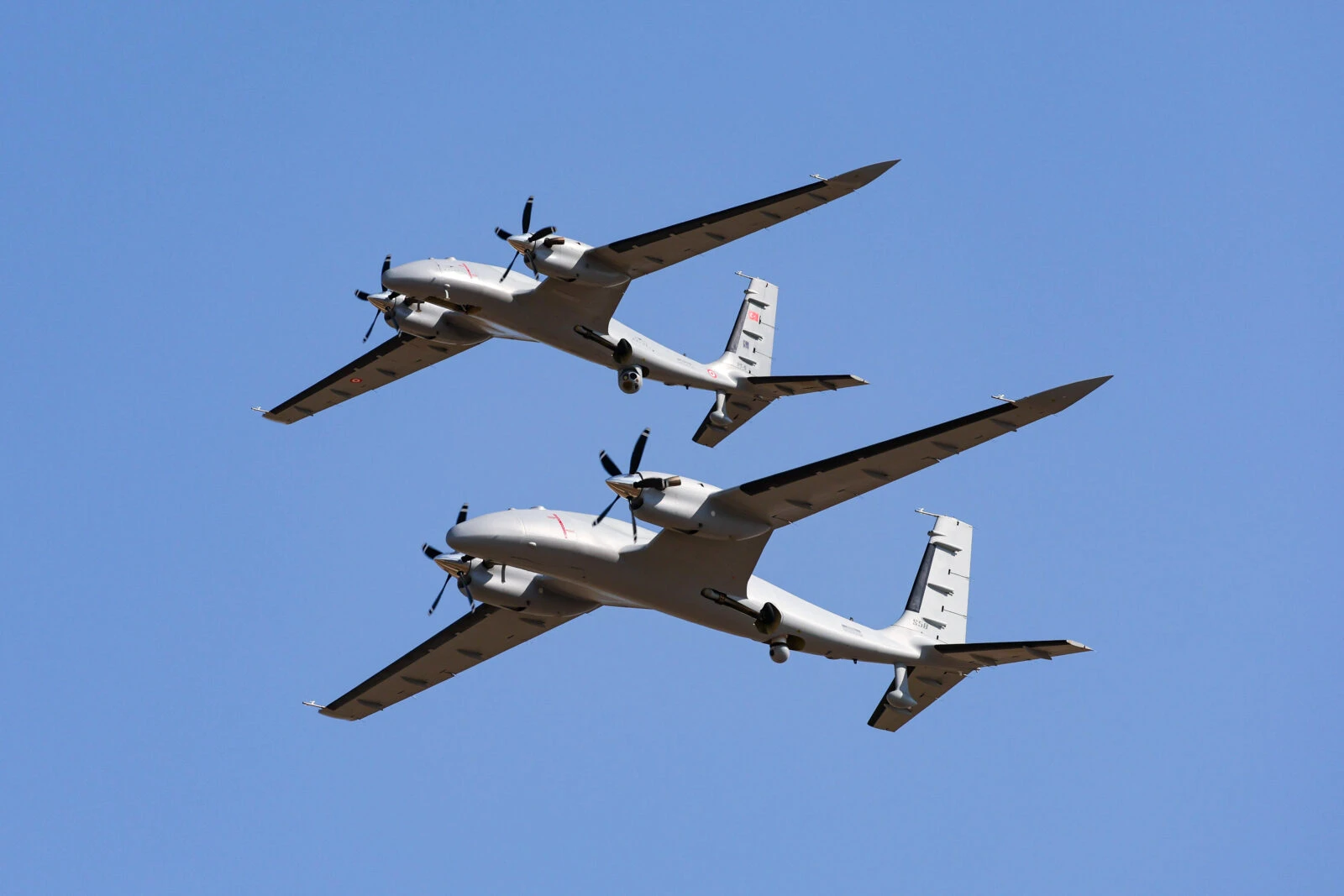
With Türkiye’s local defense technologies, PKK’s threat within Türkiye’s borders were almost nullified, which made Türkiye to act more boldly in foreign policy and domestic security. It does not mean Ankara’s each step was perfect, however, Türkiye could not have been involved and pursued its interests in Libya, Karabakh, Somalia, Syria, and to some extent in Ukraine, while having a calm security situation within its borders without such a unification and harmony of state’s security policies.
Türkiye is much more than a mere dronemaker. Turkish military production is highly diverse including local air defense systems, missile technology, fighter jets, and high-tech military vessels. HAVELSAN and ASELSAN, two large defense firms, are operated by endowments established by the Turkish Army. Batu Coskun, a Turkish political analyst, says Türkiye’s persistent investment in both state and private defense sector created a ‘new set of political elites that derive their influence from the novel setting of civil-military relations.’
These elites became crucial decision makers in Turkish politics. Former main opposition presidential candidate Kemal Kilicdaroglu provided no insight as to which defense programs would continue during the 2023 general election campaign season. And this was one of the reasons why he was not able to break CHP’s barriers apart from being an uncharismatic former bureaucrat. He was forced to praise Türkiye’s local defense achievements, and nobody found him sincere.
Countless defense contractor private companies resulted in a large ecosystem in the defense sector creating jobs for tens of thousands of engineers and technicians. Türkiye’s security institutions including professional army, intelligence, and police departments are larger and arguably more effective and coherent than ever. And they are not sure about the man who was set to be President Erdogan’s biggest rival in upcoming presidential elections: Ekrem Imamoglu. Initially a businessman involved with construction from the Black Sea with no clear ideology and rhetoric. He goes to mosques before elections and on Fridays, watches ballet shows, and tries to hug everyone with a great charm during campaigning. A politician used to call Imamoglu a man without any ‘sacred ideologie.’
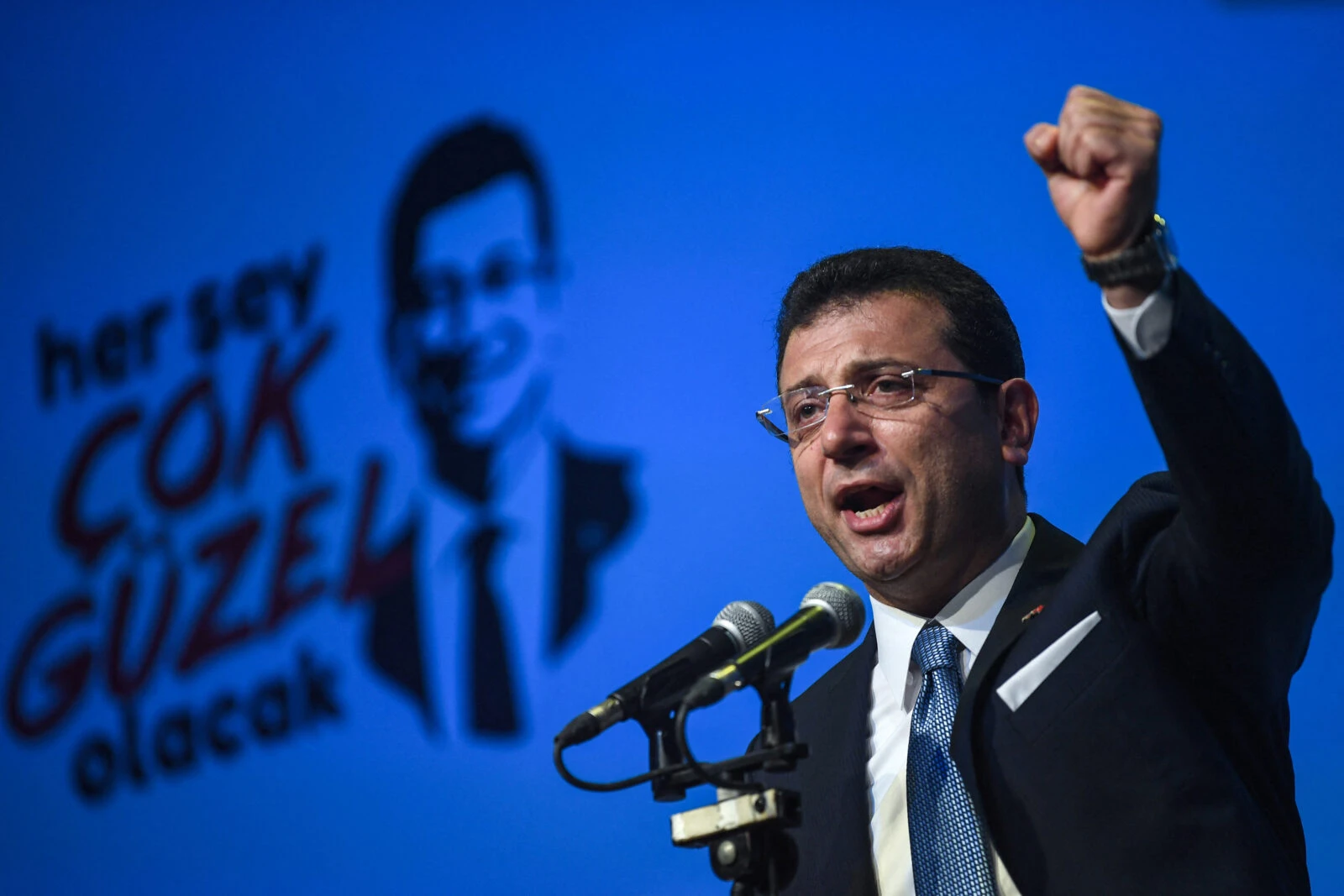
Accusations on former mayor Imamoglu
Imamoglu was arrested only for fraud allegations. He was released from the terror investigation since he was already arrested from another case, and it was ruled that there was obviously no risk of him fleeing during the case. The accusations against him in the investigations are pretty serious, and assure me that the ‘new’ Turkish state would not like his approach to issues if one day he was to become the president.
According to the investigation, Imamoglu ran a discreet negotiation process with PKK’s leadership in Iraq via a middle man bypassing his own party leadership, Kurdish-oriented DEM Party (formerly HDP) and obviously state security institutions which are the only eligible ones to have contact with the terror group. The core of the investigation is that Imamoglu highly needed the support of Kurdish voters in Istanbul, and the rumours on the nomination of Basak Demirtas, the wife of jailed Selahaddin Demirtas, would threaten his chances dearly. Investigators claim Imamoglu paid large sums of money to make Basak Demirtas not to run for elections via a discrete channel. Investigators accuse Imamoglu of giving crucial posts and subdistricts to PKK-linked individuals in Istanbul in exchange for Kurdish party’s silent support.
Let’s go back to the argument.
Türkiye’s new security elite including the military industrial complex does not want to lose their hard-achieved status with an unpredictable figure who has a charm to affect voters, but who has no vision, and no clear path toward the country’s new grand vision. This would mean a reset for everything. They are the biggest supporters of this new process.


